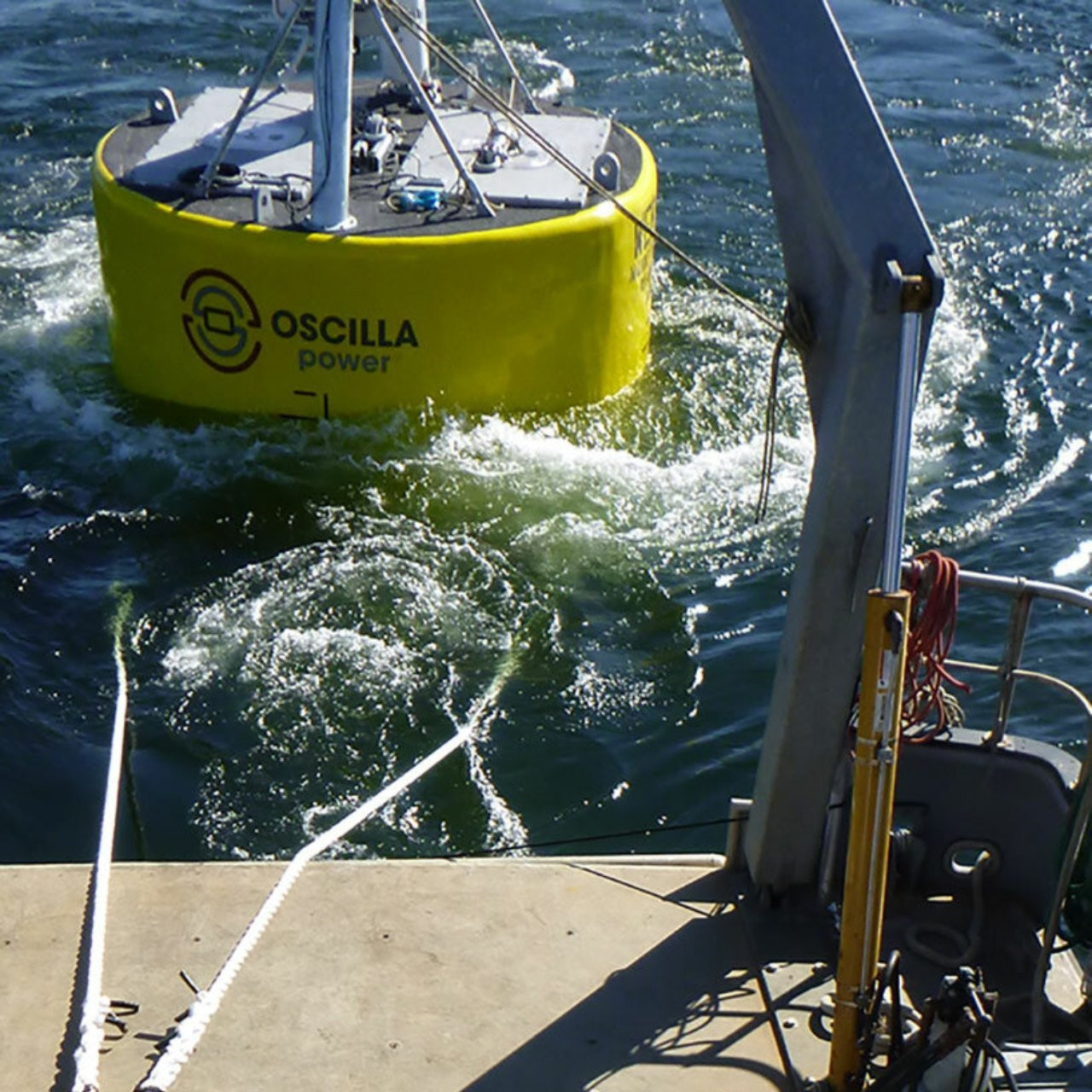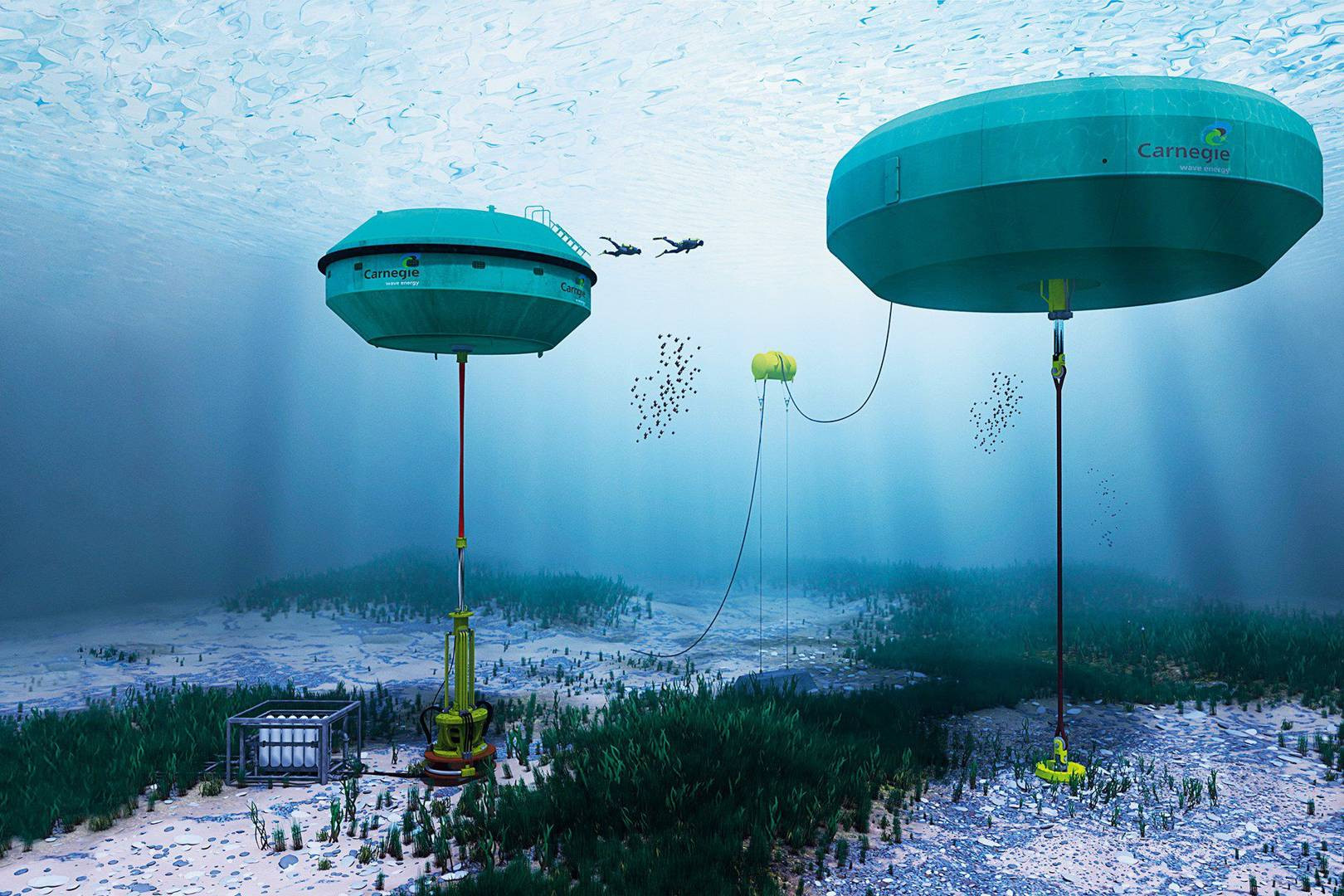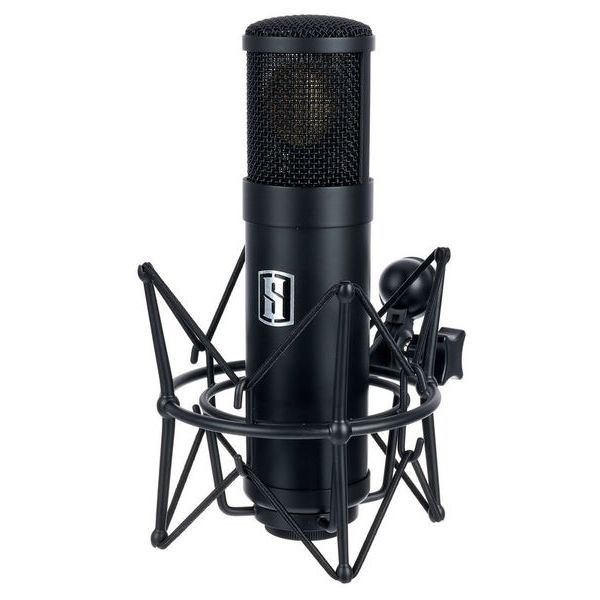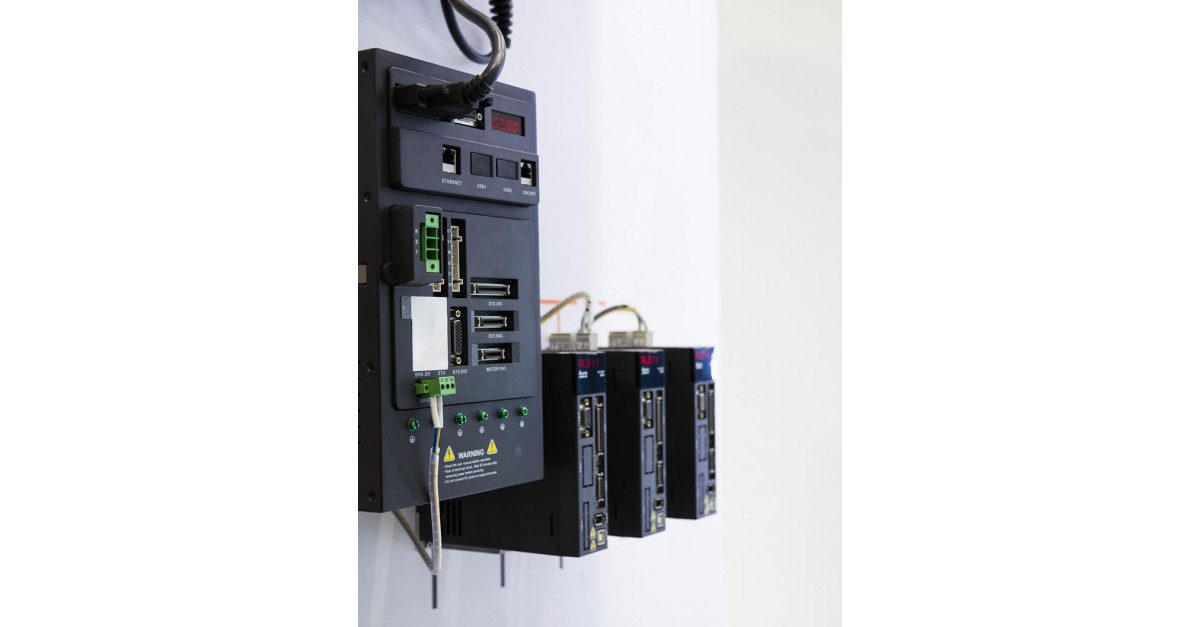The world’s largest wave-energy converter device, built through a collaborative effort, is set to begin trials off the coast of Orkney, Scotland, after receiving a nod from the European Union. Called Wave Energy Demonstration at Utility Scale to Enable Arrays (WEDUSEA), this 19.6 million euro (US$21.3 million) project is funded by the EU and consists of partners from industry and academia in France, Ireland, Germany, Spain, and the UK.
Wave energy converters (WEC) are the next frontier of clean energy technology. They can tap into the vast energy reserves in sea waves without producing planet-warming emissions. While offshore wind farm installations are occurring rapidly, they are still tough to execute.
In comparison, WECs offer a way to tap into another perennial energy resource through relatively easier-to-execute projects. Interesting Engineering has previously reported on various WEC designs being trialed in various parts of the globe. However, their output capacities were only a few hundred kilowatts.
The WEC set for trials under the WEDUSEA project boasts an output capacity of 1 MW, the world’s largest among wave energy converters.
WEDUSEA will use OE35, a WEC developed by the Irish company Offshore Energy, which can also be connected to the grid. The WEC is a floating device whose lower part is open to the sea and has trapped air volume on the top.
When a wave arrives, the water on the lower end of the WEC oscillates, driving the trapped air through a turbine, which generates electricity.
As part of the WEDUSEA project, the WEC will be tested for two years at the European Marine Energy Centre (EMEC) wave energy test site at Billia Croo in Orkney, Scotland over two years to demonstrate its technical prowess as well as withstand the elements in the Atlantic waters.
The subsea cables at the EMEC will carry the electricity to the UK grid.
The WEDUSEA project consists of three phases. In the first phase, the WEC will be built according to the conditions at the EMEC test site. This will be followed by a two-year demonstration phase, which will then lead to the commercialization of the technology using data from the tests.
Estimates suggest that the annual production potential of wave energy is 30 TWh, about ten times Europe’s electricity consumption. The technology to realize this potential needs to be rapidly developed.
Before giving its nod, a team of independent experts reviewed the technical and financial aspects of the WEDUSEA project. The WEC construction is expected to begin later this year, and the demonstration phase is scheduled to begin by June 2025.
“The project will demonstrate that wave technology is on a cost reduction trajectory and will thus be a stepping stone to larger commercial array scale up and further industrialization,” Tony Lewis, Chief Technical Officer at Ocean Energy, in a statement. “We predict that the natural energy of the world’s oceans will one day supply much of the grid.”
The EU's Big Bet on Wave Energy
The European Union's approval of the WEDUSEA project marks a significant step forward in the development of wave energy as a viable renewable energy source. The project, which has received €19.6 million ($21.3 million) in funding, will test a 1 MW wave energy converter, a size unprecedented for such devices. This trial is expected to provide valuable insights into the potential of wave energy and contribute to the development of more efficient and cost-effective wave energy technologies.
Harnessing the Power of the Waves
WEDUSEA, a collaboration between industry and academia, seeks to demonstrate the feasibility of using wave energy to generate electricity on a large scale. The project's key objective is to showcase the technical prowess and cost-effectiveness of wave energy converters, a technology that has the potential to significantly contribute to Europe's renewable energy goals.
The project's success hinges on the performance of the OE35, a floating wave energy converter developed by Ocean Energy. This innovative device uses the natural movement of ocean waves to generate electricity. When a wave reaches the OE35, the water pressure at the submerged opening causes the water to oscillate, driving trapped air through a turbine and generating electricity. The electricity produced will be transmitted to the UK grid via EMEC’s subsea cables.
A Three-Phase Approach
WEDUSEA will be implemented in three phases, starting with the design and construction of the OE35. This initial phase will ensure the device is optimized for the conditions at the EMEC test site in Orkney. The second phase will involve a two-year demonstration period at the test site, where the OE35 will be subjected to rigorous technical and environmental assessments in Atlantic wave conditions. The final phase will focus on commercializing the technology and disseminating the results to facilitate wider adoption of wave energy.
A Stepping Stone to a Sustainable Future
The WEDUSEA project is poised to be a game-changer for the wave energy sector, paving the way for the commercialization of this exciting renewable energy technology. The project's success will not only validate the technical feasibility of wave energy but also demonstrate its potential to play a significant role in addressing the global energy challenges of today and tomorrow. With its potential to generate clean energy on a vast scale, wave energy can contribute to a more sustainable future, reducing our dependence on fossil fuels and mitigating climate change.
The Future of Wave Energy
The success of the WEDUSEA project will be a major boost for the wave energy industry. The demonstration of a 1 MW wave energy converter will provide valuable data and insights that will inform the development of future wave energy projects. The EU's investment in WEDUSEA underlines its commitment to developing renewable energy sources, and the project's success could lead to a surge in investment in this sector. As technology continues to advance, wave energy is poised to play an increasingly significant role in meeting the world's energy needs. The future of wave energy is bright, and projects like WEDUSEA are key to unlocking its full potential and paving the way towards a more sustainable future.
A New Era of Ocean Energy
WEDUSEA is a testament to the growing momentum behind wave energy as a viable and sustainable energy source. The project's success will demonstrate the technical feasibility and cost-effectiveness of wave energy converters, paving the way for broader adoption of this technology. The EU's support for WEDUSEA reflects its commitment to fostering a more sustainable energy future, one that relies on renewable sources like wave energy to meet the world's growing energy demands.
With its potential to generate clean energy on a vast scale, wave energy can significantly contribute to a more sustainable future. This exciting technology holds the key to reducing our dependence on fossil fuels and mitigating climate change, making it a crucial component of a cleaner and more sustainable energy future.


















